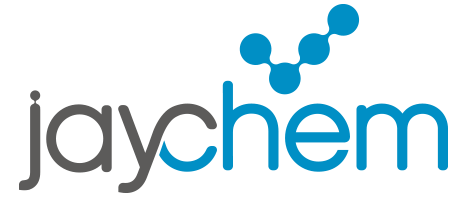HOLD TIME STUDIES
Balancing ICH Standards with Local Regulatory Expectations
Hold Time studies are a critical part of product validation, ensuring that bulk and in-process materials remain stable before final packaging. While the ICH framework provides internationally accepted scientific guidance, local regulators may interpret requirements more narrowly. Recently, regulators have increasingly challenged the use of proxy containers, even when supported by strong scientific justification.
We explore the regulatory tension between global standards and local expectations, and how Jaychem helps customers navigate these complexities to maintain compliance and safeguard supply continuity.
The Regulatory Challenge
Hold Time studies are designed to answer a simple but critical question: How long can in-process or bulk material be held before final packaging without compromising product quality?
Globally, ICH standards guide how these studies are designed and executed. Proxy containers are commonly used to replicate bulk storage conditions — a scientifically valid and efficient approach.
However, some regulators have recently taken a stricter stance:
Rejection of proxy container data, even when scientific equivalence is demonstrated.
Requirements to re-perform studies using commercial packaging, increasing both cost and time.
Uncertainty across markets, where one regulator’s decision can undermine data accepted elsewhere.
This divergence places additional burden on companies, slowing down product transfers, renewals, and market supply.
Jaychem’s Perspective
As both a GMP manufacturer and regulatory partner, Jaychem has seen first-hand how Hold Time expectations can create friction between science and regulation. Our approach is to:
Design for global acceptance – Studies are structured to meet ICH standards from the outset, ensuring robust and defensible data.
Engage directly with regulators – We work directly with authorities to clarify expectations and present scientific justifications for proxy container use.
Generate supplementary data – Where additional data or confirmatory studies are necessary, we generate supplementary evidence without disrupting supply.
Advocate for alignment – Jaychem contributes to industry dialogue on harmonising Hold Time expectations, supporting a more consistent regulatory landscape
Case in Point
In one recent project, Jaychem performed a Hold Time study to ICH standards. Despite the robustness of the data, the regulator would not accept the proxy container design.
Through a combination of scientific defence, supplementary data generation, and proactive regulatory engagement, Jaychem secured approval — while protecting the customer’s market supply.
This case highlights a broader industry issue: when local interpretation diverges from ICH, companies need partners with both scientific credibility and regulatory agility.
Conclusion
Hold Time studies highlight a familiar tension in modern manufacturing – balancing international scientific standards with local regulatory expectations. For Heads of Quality and Regulatory Affairs leaders, the risk is clear: stalled dossiers, increased costs, and potential supply disruption.
Jaychem helps bridge that gap. Our team combines ICH-aligned technical expertise with proven regulatory relationships to navigate these challenges. By anticipating divergent requirements and engaging constructively with regulators, we help customers achieve compliance, protect supply, and stay ahead of shifting regulatory landscapes.
Jaychem — bridging science and regulation for global compliance.
